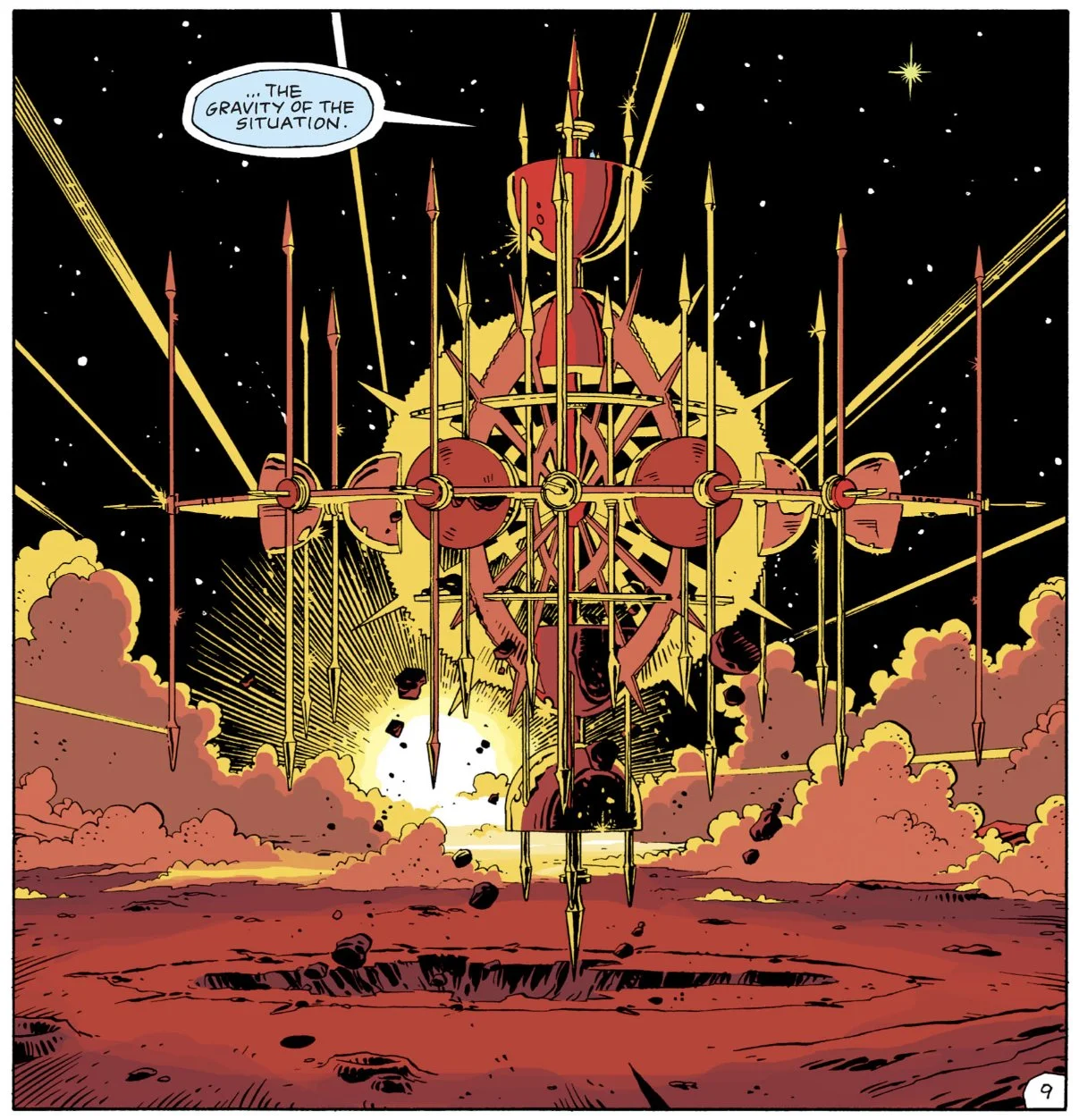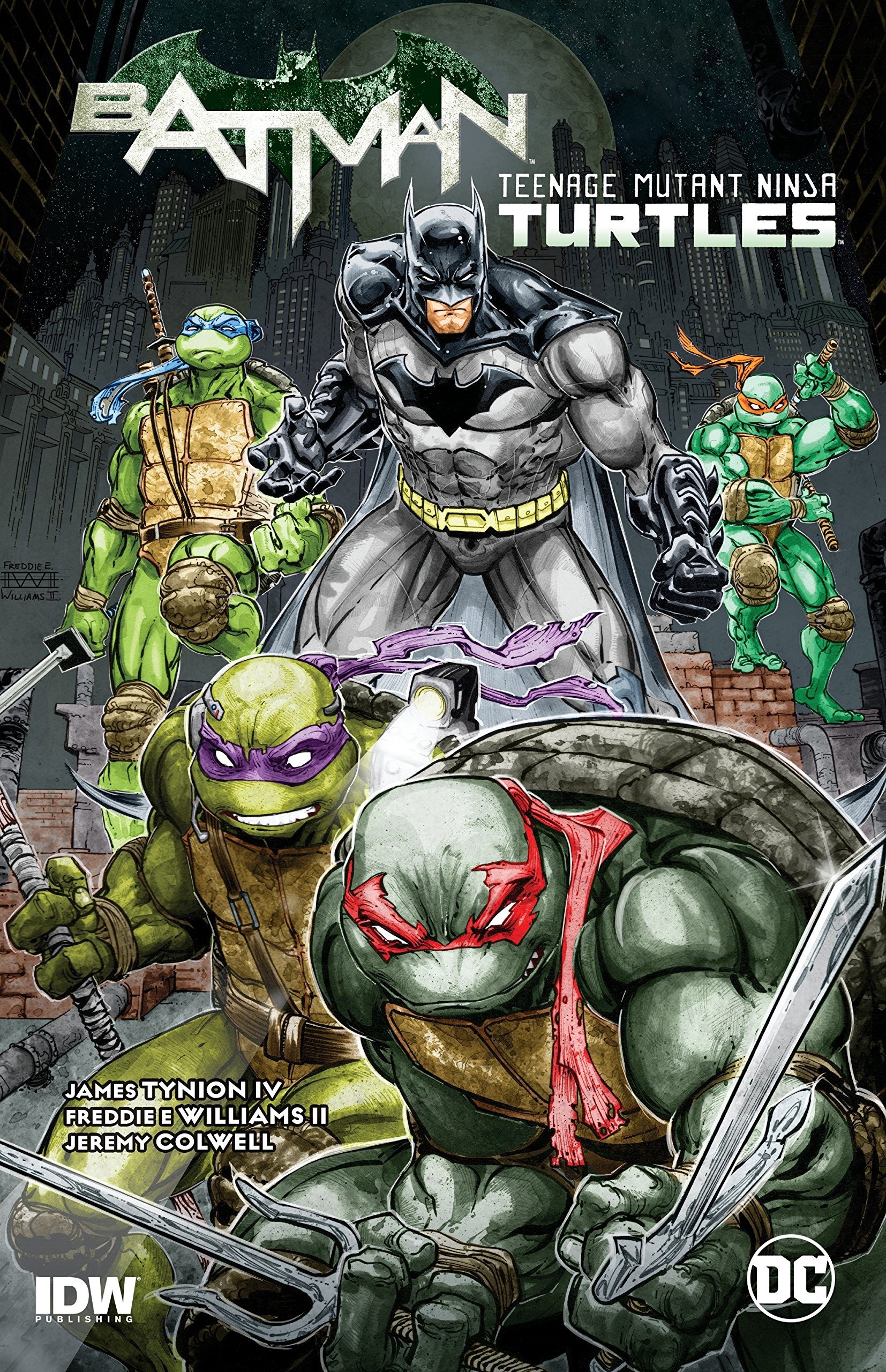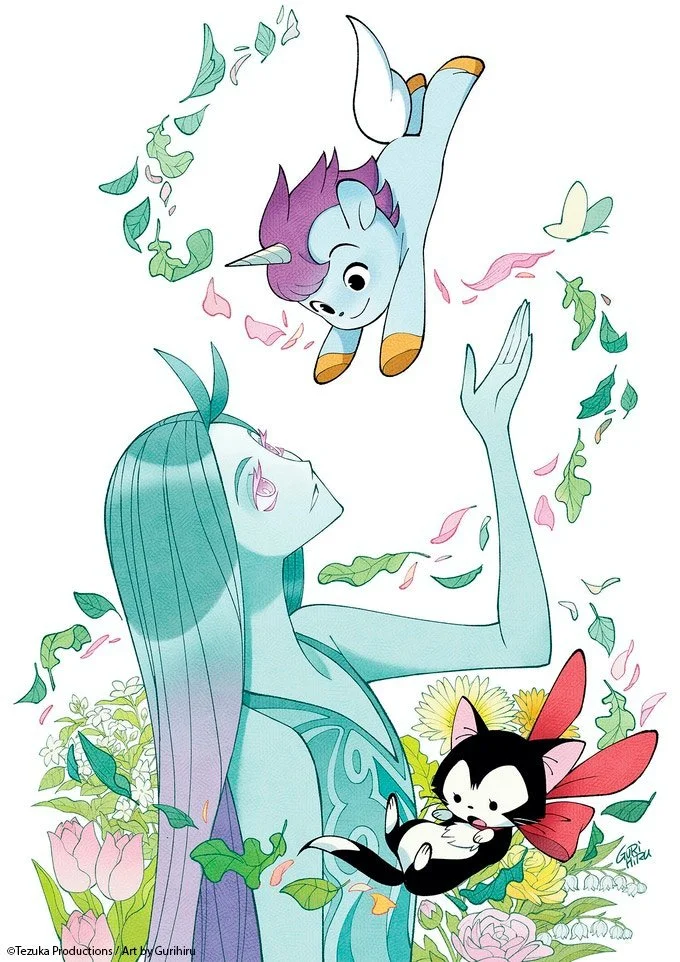Panels & Prose: Alex Segura's mystery novel SECRET IDENTITY and comics history
Alex Segura.
By Zack Quaintance — There is an excellent, somewhat-recent history of comic books being part of great fiction. In fact, several critically-beloved novels of the 2000s deployed comics — be it their history, cultural impact, or role as a shelter in the storm of adolescence — to great effect. This includes books like The Fortress of Solitude by Jonathan Lethem, The Amazing Adventures of Kavalier & Clay by Michael Chabon, and The Brief Wondrous Life of Oscar Wao by Junto Diaz, the latter two of which won the Pulitzer Prizes for fiction in 2001 and 2007, respectively.
These books, of course, all approach comics in unique ways, be it featuring characters who created comics or characters who loved comics. What they share, however, is a sort of idealization of comics, as a medium, an industry, and tradition. It makes sense, given the time they were written and published. Back then, the medium was unheralded and insular in this country, predating the mainstream Hollywood film explosion as well as the incredible success of late with webcomics and manga. These books at the time they were published felt like arguments for the essentialness of a fading and uniquely American artform, as if they were saying comics are important, comics are not what you think, comics matter. This is all to say that Alex Segura’s new mystery novel, Secret Identity, has just as much love for comics, but it is examining comics — specifically the industry — in a very different way, warts and all.
And we’ll get to that in a bit. First, it is important to note a few other things about Segura’s new book, which is out this week. Whereas those big books of ‘00s were literary fiction, Segura’s book is a mystery thriller, steeped in the conventions and traditions of that genre. It’s a polished and nigh-perfect mystery thriller at that, centered as it is around a well-realized main character and a set of fantastic yet wholly believable circumstances. It’s expertly paced and incredibly satisfying at every turn, from the clues it doles out early on to the nature of the big mysteries revealed later. Secret Identity is the sort of mystery novel I’d recommend to any and all readers, so entertaining are its surprises and ambiance and characters.
What makes Secret Identity standout among comics novels — be they literary fiction, mystery, or whatever else — is that Segura’s books incorporates some of comics historical ugliness. It’s a book steeped in the industry’s history, set in a 1970s New York City where all the major publishers were operating, where comics was geographically consolidated while also united in concern that it wouldn’t outlast the decade. Segura brings the time to life with rapid references to music of era, to famous New York landmarks and music venues like CBGB, as well as mentions of bygone comics titans.
The most consequential decision in this novel, however, is to essentially cast the comics industry and its history of exclusionary, old boys culture as the book’s villain. It’s hard to discuss this in too much detail without spoiling the novel’s many excellent reveals, but while there is certainly a surface level plot that involves dark secrets, trying to get rich, and acts of violence in the name of those first two items, the emotional core is a young woman of color who loves the industry, who is knowledgeable about the industry, who is qualified several times over to work in the industry (almost uniformly more than the white men around her who move through it so effortlessly). And she is battling just to get a small chance.
It’s a concept that is, sadly, all too real a part of comics history, and Segura uses to it great effect, writing everyone involved with great empathy. You can tell the author — who works in comics himself — not only cares about the medium’s history, but he cares about it in a way that wants to make for a better present and future. This all comes across throughout Secret Identity, giving it a deep and personal feel from page one. The end result is a book that comics people will love, loaded with insider-y nods to influential creators, comics journalists, and famous characters. But at the same time, it’s also a book that non-comics folks will take quite a bit away from, enjoying a suspenseful mystery that is at once informative about the industry’s history of exclusion.
Whereas novelists 20 years ago were interested in conveying personal love for comics and shoring up the medium’s value in the eyes of outsiders, Segura’s book comes at a time when comics has essentially won, and as such, he’s able to get to a more realistic place about the problems that existed years ago and ripple through to today. And it is in this way that Secret Identity finds great universality, with comics standing in for exclusionary cultures throughout American society writ large. Deep down, this is a book about necessary change, about the value of including all who are qualified for work, and about avoiding corruption and stagnation.
Lastly, I’d be remiss if I didn’t also mention the actual comics pages in this novel, which are illustrated by Sandy Jarrell. Throughout this novel, Jarrell draws the character that has been created in the story by the novel’s characters, giving us a glimpse at the story within a story, heightening the themes with which our heroes are dealing. It’s a nice touch, putting comics pages in a novel about comics, and it’s just another part of a very rich reading experience from Secret Identity.
>>Order SECRET IDENTITY by Alex Segura now<<
Read more feature writing about comics!
Zack Quaintance is a tech reporter by day and freelance writer by night/weekend. He has written about comics for The Beat and NPR Books, among others. He Tweets compulsively about storytelling and comics as Comics Bookcase.














